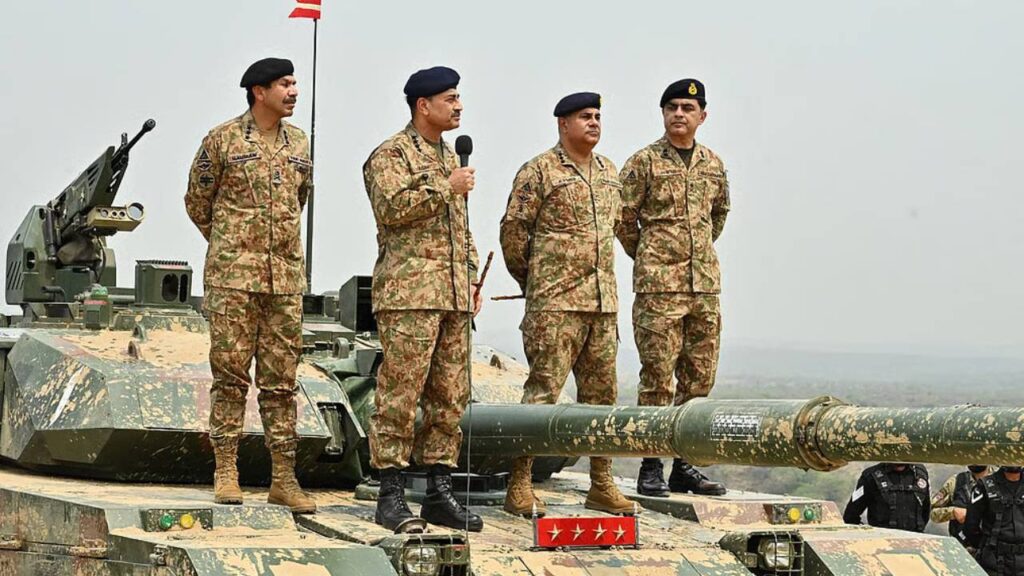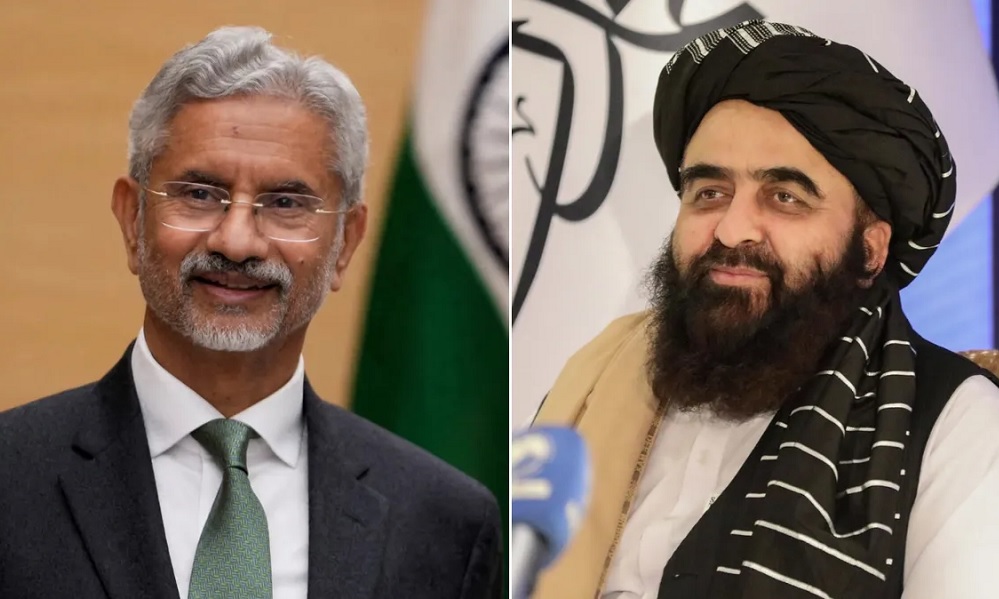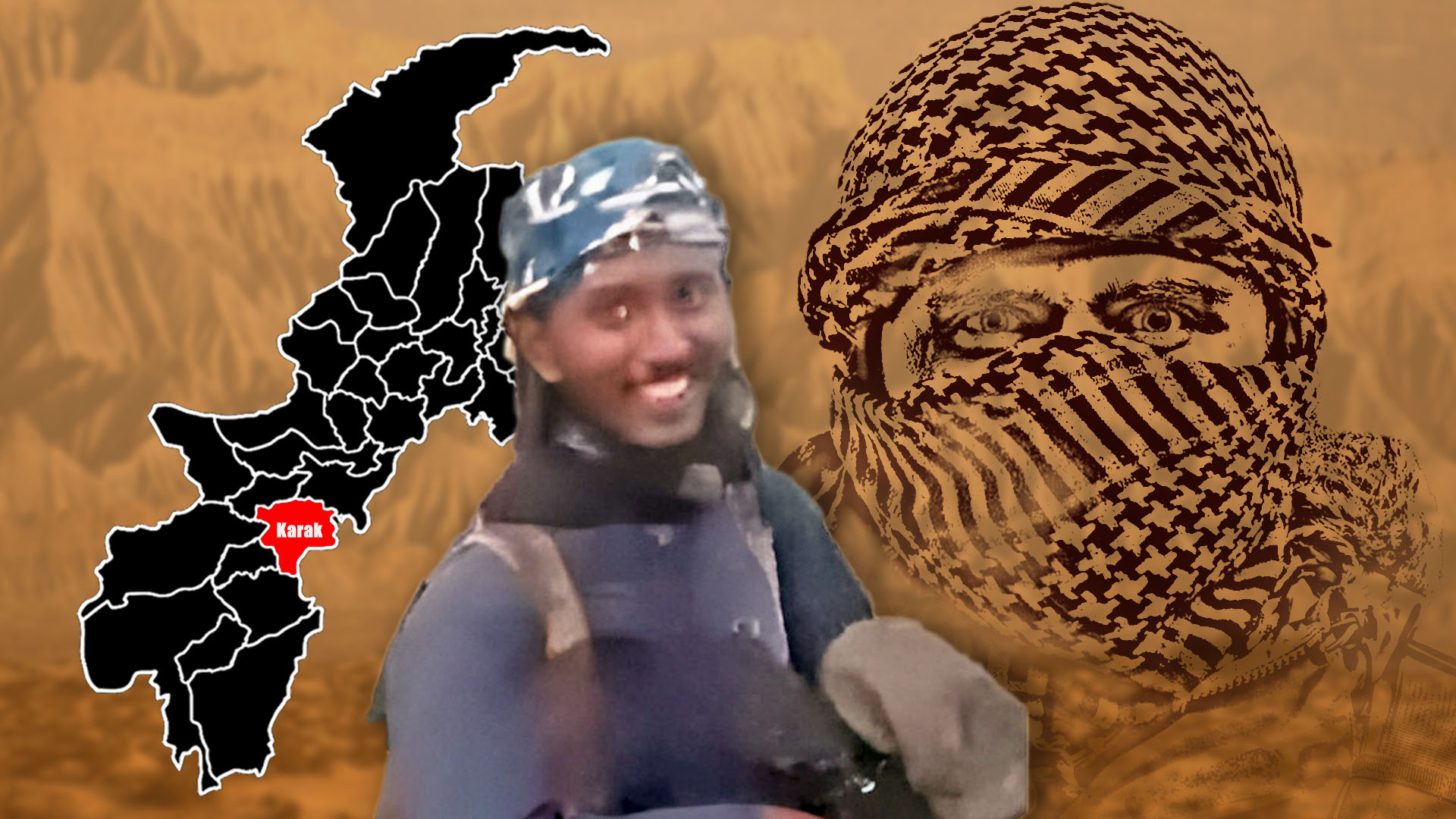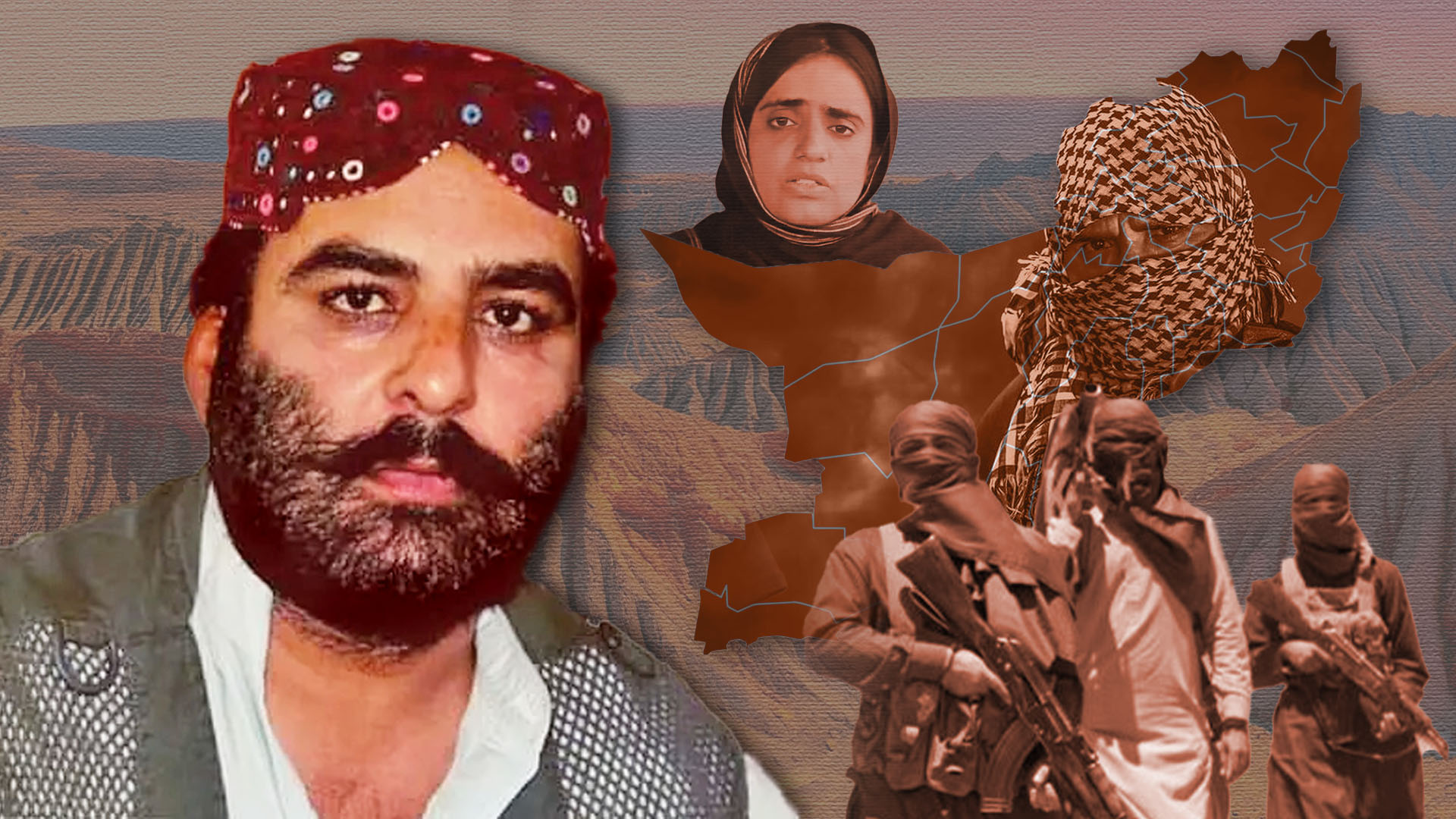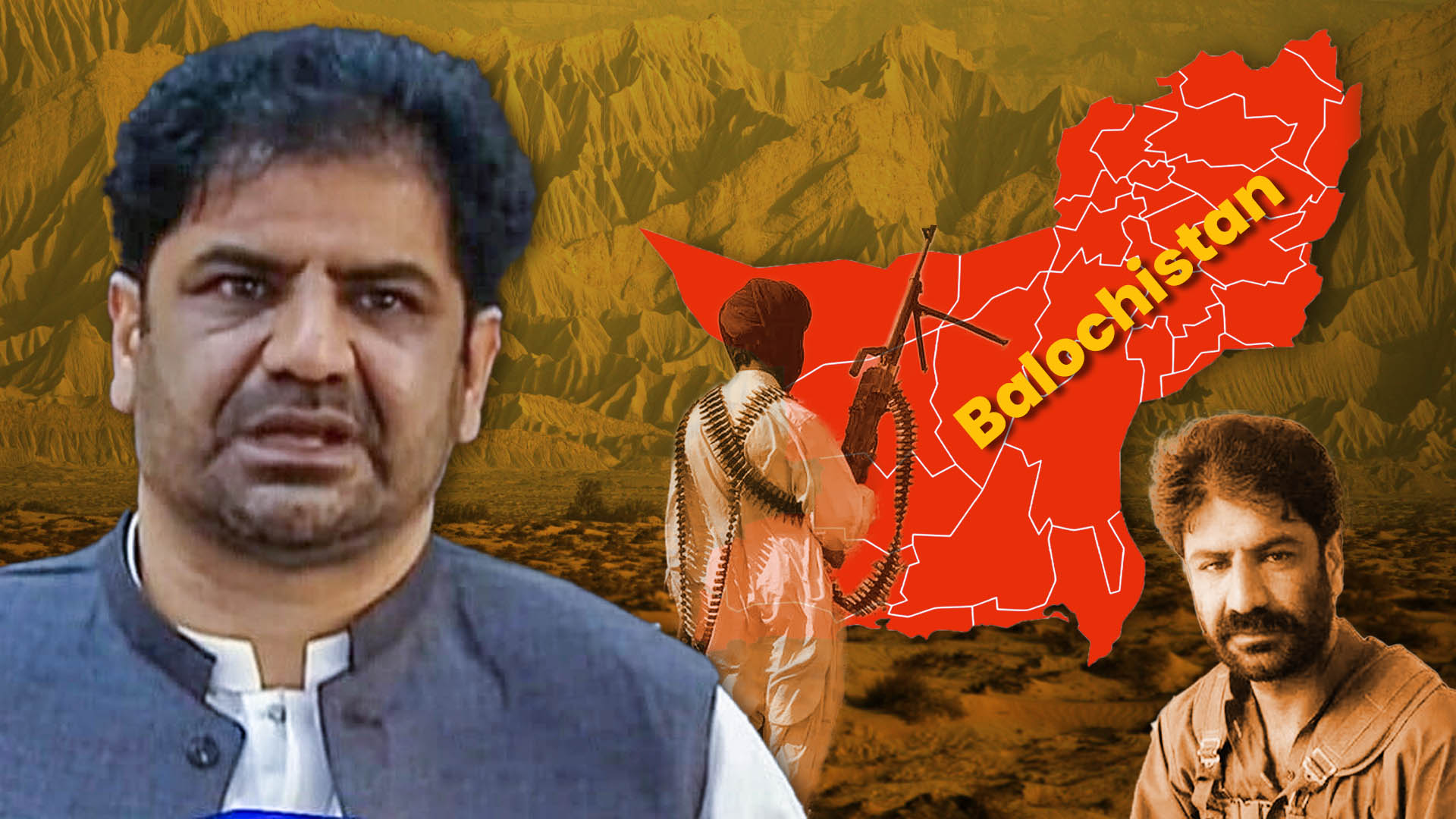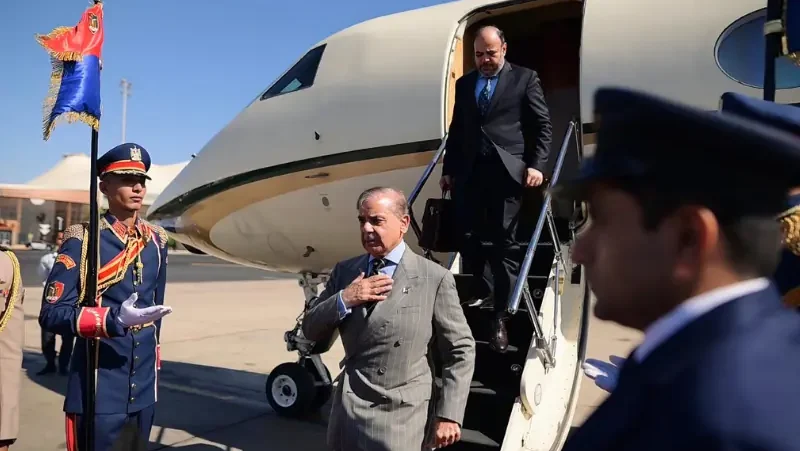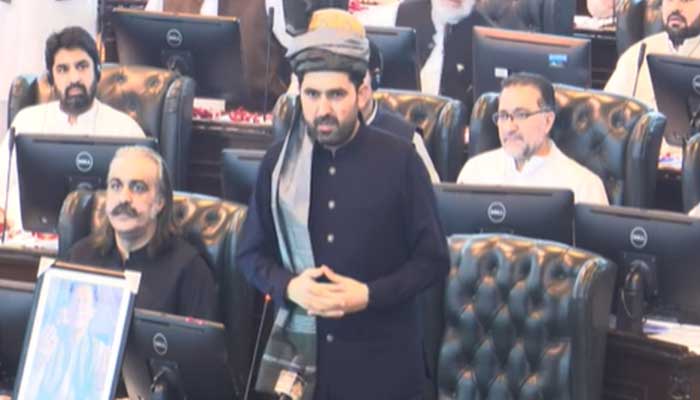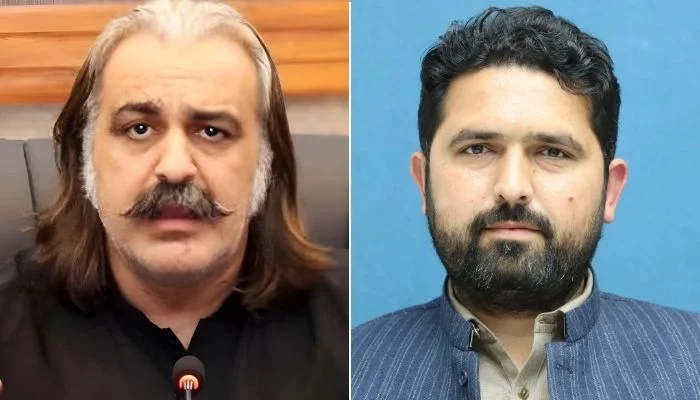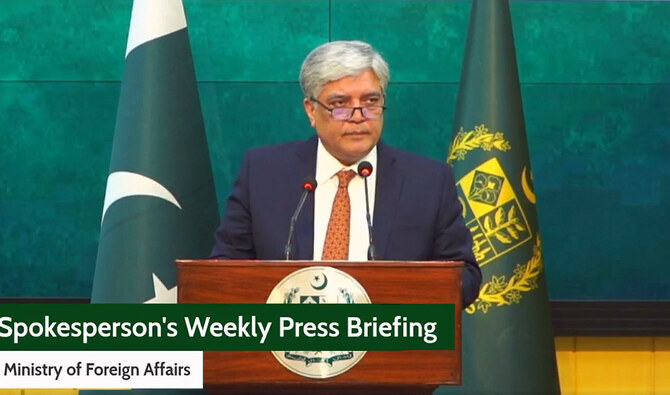by Ehmad Saeed
The recent conflict between India and Pakistan, though culminating in a ceasefire, has brought renewed clarity to Pakistan’s strategic resolve. It reaffirmed the Pakistan Army’s professionalism and capability to respond to large-scale threats with composure and strength.
This moment has not only restored national pride but also reshaped perceptions internationally, particularly across the Gulf region, where Pakistan is once again seen as a key military power in the Islamic world.
For years, the Pakistan Army had been mired in controversy and criticism, both domestically and abroad. Suspicion surrounded its role, and doubts lingered over its performance in the face of evolving regional and internal challenges. However, recent events have helped dispel much of this uncertainty. With commendable determination and discipline, the armed forces have earned recognition, presenting a confident image of a country prepared to face adversity with resolve.
India’s attempts to undermine Pakistan’s image through sustained propaganda have been effectively countered. The world has witnessed that Pakistan is not only capable of defending its sovereignty but also of responding with restraint and strategy. This moment calls for a reassessment — the international community must look beyond outdated perceptions and engage with Pakistan as a nation of potential and purpose.
This shift in perception carries important regional implications. The recent events have recalibrated strategic thinking in South Asia, where narratives of dominance are often driven by media and diplomatic rhetoric. Pakistan’s measured response has highlighted the importance of balance and deterrence in a volatile region. Moreover, the show of national unity has revived public confidence at home. Citizens across the country, despite political divisions, expressed solidarity and pride in the armed forces. Yet, as this wave of unity recedes, a deeper national conversation must begin — one that emphasizes the need for a stable equilibrium between civilian authority and military institutions. A healthy democracy depends not just on strong defence but also on accountable governance where civilian leadership sets the long-term national direction.
With global credibility restored, Pakistan must now turn inward. The time has come to confront longstanding domestic challenges. We need to invest in good governance, strengthen the justice system, and reform institutions to ensure transparency, accountability, and public trust. This is not merely an administrative task but a national imperative.
The more difficult battle — reclaiming our dignity on the world stage — has been won. What lies ahead is no less critical: rebuilding our internal structures to secure lasting peace and stability. Let this be the beginning of a national renewal — one that is grounded in reform, unity, and an unwavering commitment to the future.
The author works a lecturer in English Literature and linguistics in a government college based in Peshawar.

